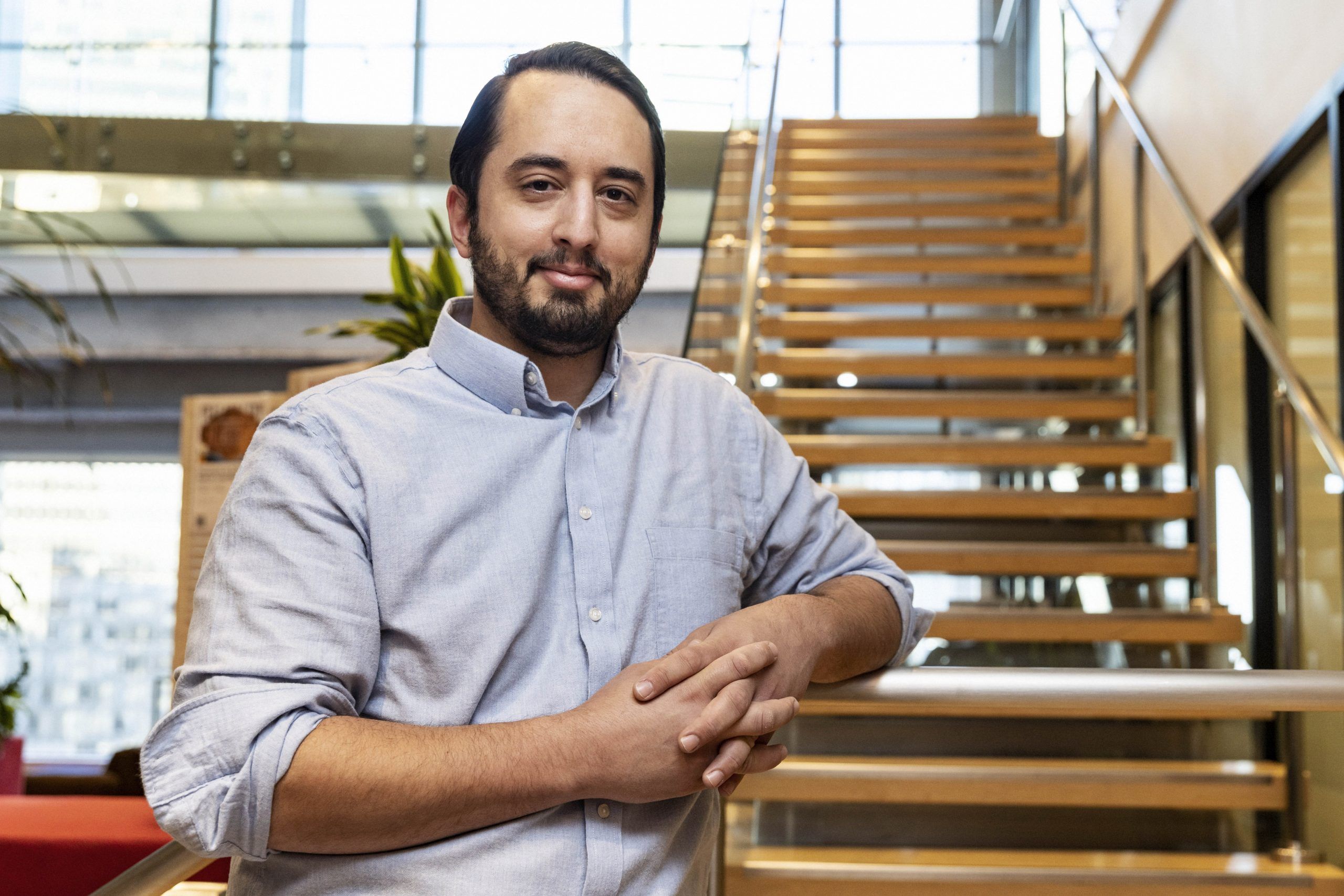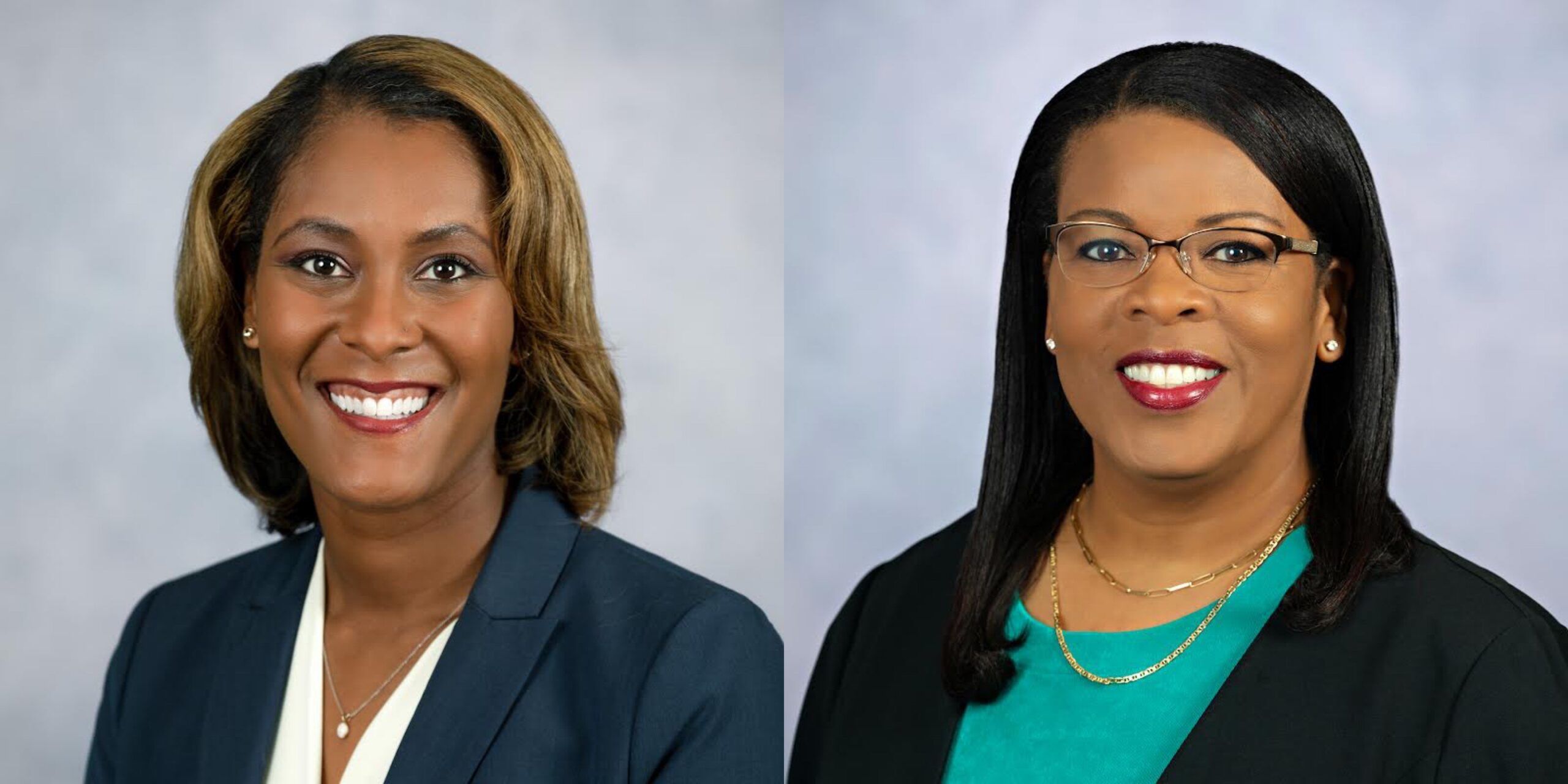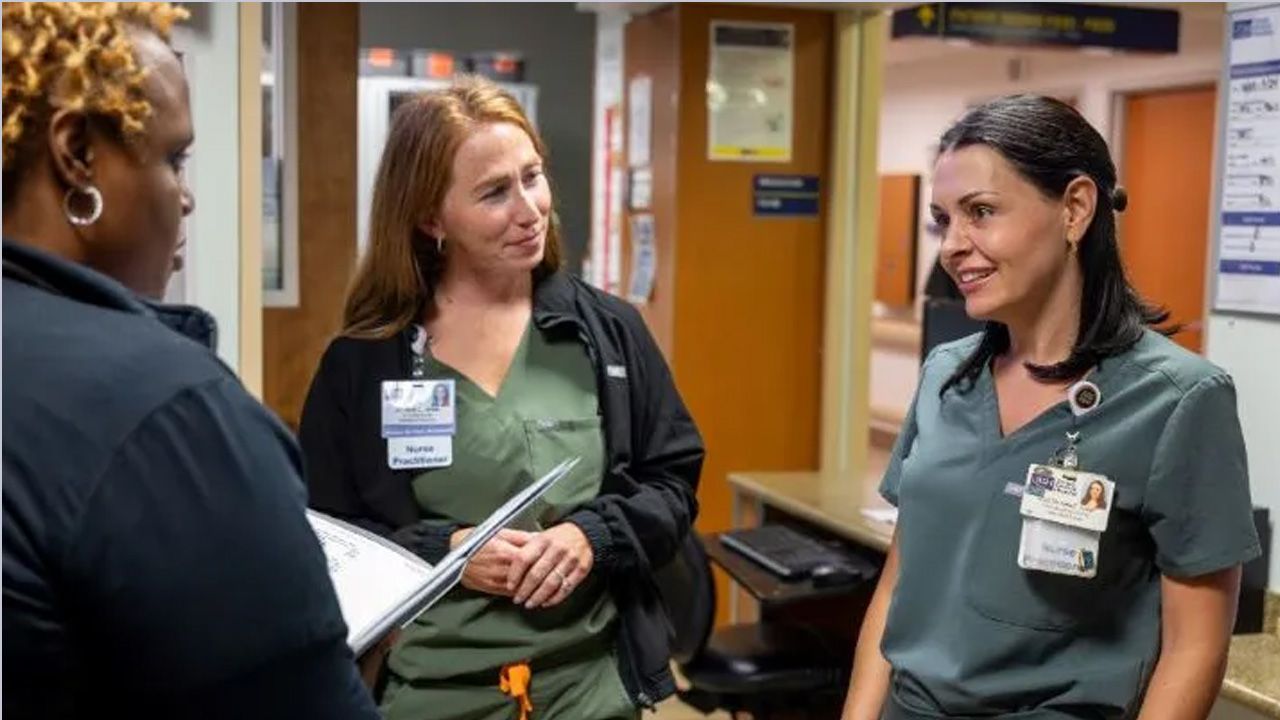Because of the changing nature of illnesses, the health care industry always must be at the leading edge of innovation. Since 2015, Care Access, a clinical research company, has had a new vision for the health care system. Care Access was co-founded by Ahmad Namvargolian, chief executive officer and a research scientist. The company has a goal to decentralize trials, a visionary step to make clinical trials a care option for every patient.
As the clinical trial ecosystem shifted to combat the COVID-19 pandemic, Namvargolian talks to TBBW about the future of clinical research trials and health care innovation.
Can you explain, for nonmedical people, what is a decentralized trial?
Historically, clinical research has been conducted at a physical research site—often academic in nature—which puts the burden of travel, child care and taking time off on patients. In a decentralized trial, we focus on the patient experience first, and make it as easy for them as possible to participate by breaking down typical barriers.
Use of decentralized trials was accelerated by the pandemic, due to the nature of going where the patients are. Yet another benefit is that this model diversifies patient populations and ensures new therapies are safe and effective for everyone, including historically underrepresented communities. Representation, inclusion and access matter to scientific innovation and thanks, in part, to our decentralized operations, we’re building trust in communities.
People often equate decentralized trials with technology/telemedicine but at Care Access, we take a relationship-building approach to decentralized trials where patients are guided through the process by a dedicated team of patient engagement specialists and clinicians. We also have the capability to deploy clinical research staff, infrastructure such as lab equipment and study medication, and more, to ensure studies run smoothly no matter where the research occurs.
Can you speak about Care Access goals for partnering with Eli Lilly & Co. to find treatment for early-stage Alzheimer’s disease?
Currently, there are no cures and limited treatments available for Alzheimer’s, and those that are in the marketplace are extremely expensive. The disease affects one of nine adults over the age of 65 in this country, and it kills more people than breast cancer and prostate cancer combined. It’s a pervasive issue that will only get worse; the number of patients with dementia, worldwide, is set to triple by 2050. It’s critical that we learn more about how to prevent, treat and cure neurodegenerative diseases like Alzheimer’s, even before symptoms appear.
That’s why Eli Lilly & Co.’s phase 3 trial, Trailblazer-Alz 3, is groundbreaking for its trial design, with a goal to enroll 3,300 patients in the study. The study will evaluate medication seeking to slow, or prevent, the onset of Alzheimer’s symptoms and [uses] a new investigational blood test that can spot a biomarker known to detect early stages of Alzheimer’s disease, which can start 10-20 years before symptoms appear. It’s a simple, and painless, process that has the potential to save millions of lives.
Care Access is taking the burden off patients participating in clinical trials by opening sites in the community. Can you speak to the recent Sun City Center opening and its importance?
In the specific instance with Sun City Center, Care Access brings trials directly to communities that are most impacted by Alzheimer’s. This gives potential candidates the opportunity to participate in groundbreaking research without ever setting foot in a traditional research facility. They can even participate from the comfort of their own home. We selected Sun City Center because it’s home to many residents who could benefit from a study like this and may not otherwise have access.
You co-founded Care Access, in 2015, as an innovative paradigm shift in health care. How do you define health care innovation? What is the future of health care innovation?
The traditional research model was built in a pre-internet, pre-smartphone, pre-next-day-delivery world, which does not match up to the world we live in today. We needed to find a way to bring clinical research directly to communities and make it convenient and accessible to participate—and to do this in a matter of months, not years.
Care Access has been at the forefront of health care innovation for years. We knew that if we wanted to truly transform how trials are run, we had to do more than identify the right patients and enrollment strategies; we also had to build the capabilities necessary to allow any patient, anywhere, to participate in a trial. Starting in 2015, we began bringing research to new patient populations by building more than 60 research sites. After years of establishing new research sites, we developed an innovative, proprietary model with our mobile-site vehicles that can bring a trial anywhere in the U.S., and more countries coming soon. We’ve now operated massive and complex trials in ways that, just five years ago, would have felt impossible.
The future of clinical research and health care innovation goes beyond [making] every individual aspect of a trial [virtual]. While it’s critical to [use] technology to streamline processes like documentation, we can’t throw technology at the problem and expect to fix it. We need to marry tech with the human element, which ultimately improves the patient experience.
How has the pandemic changed health care service delivery for Care Access? Can you speak on Care Access work with AstraZeneca on COVID-19 clinical trials?
The dynamic and distributed nature of decentralized trials helped us reach COVID-19 hotspots to provide therapies and treatments in the communities that need them most.
Our work with AstraZeneca was highly sensitive, as we were dealing with individuals who had been exposed to SARS-Cov-2 before vaccines were available. We had done a lot of work in long-term care facilities and rapidly developed, deployed and managed clinical research sites leveraging our mobile sites on-demand capability. We were able to reach previously unreachable patients and helped support AstraZeneca’s research. ♦
Namvargolian’s commitment to changing clinical research trials has made Care Access well-positioned to support global, bio-pharmacological companies and deliver trials in a nimble, accessible and transformative way to communities such as Tampa.















